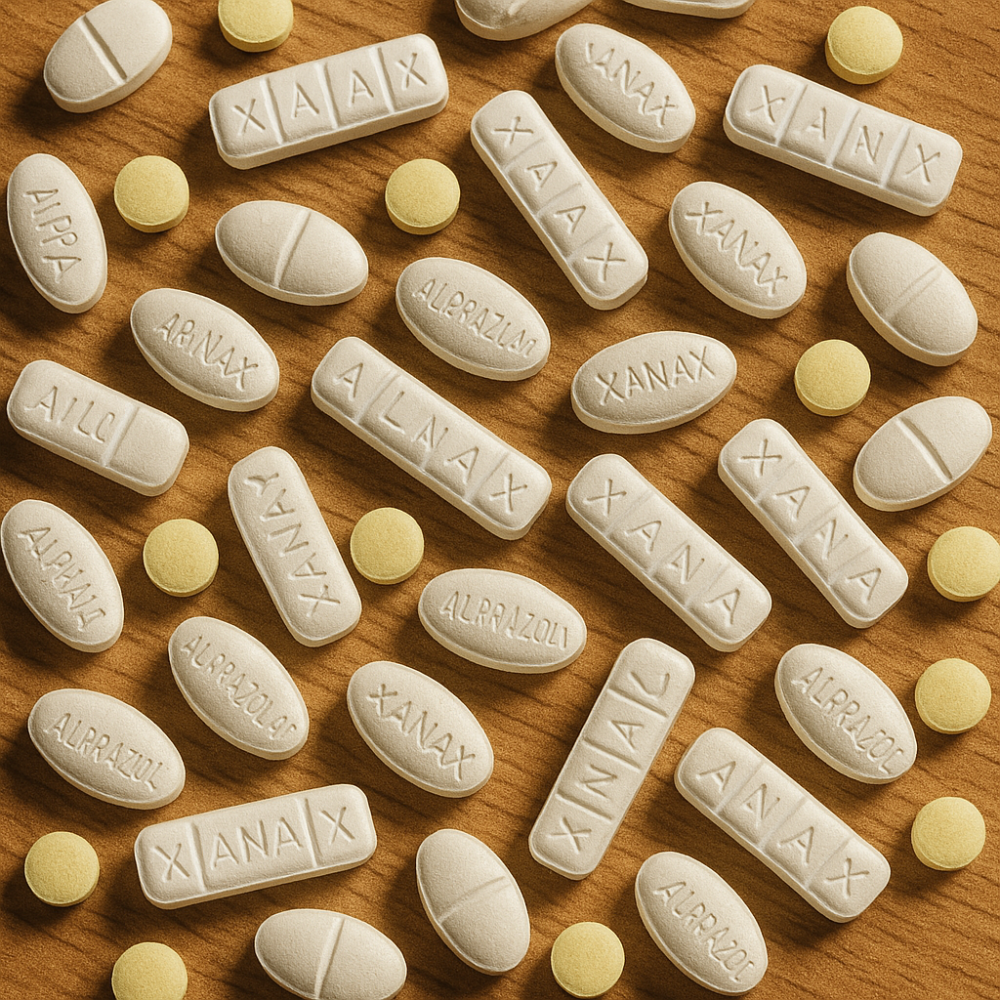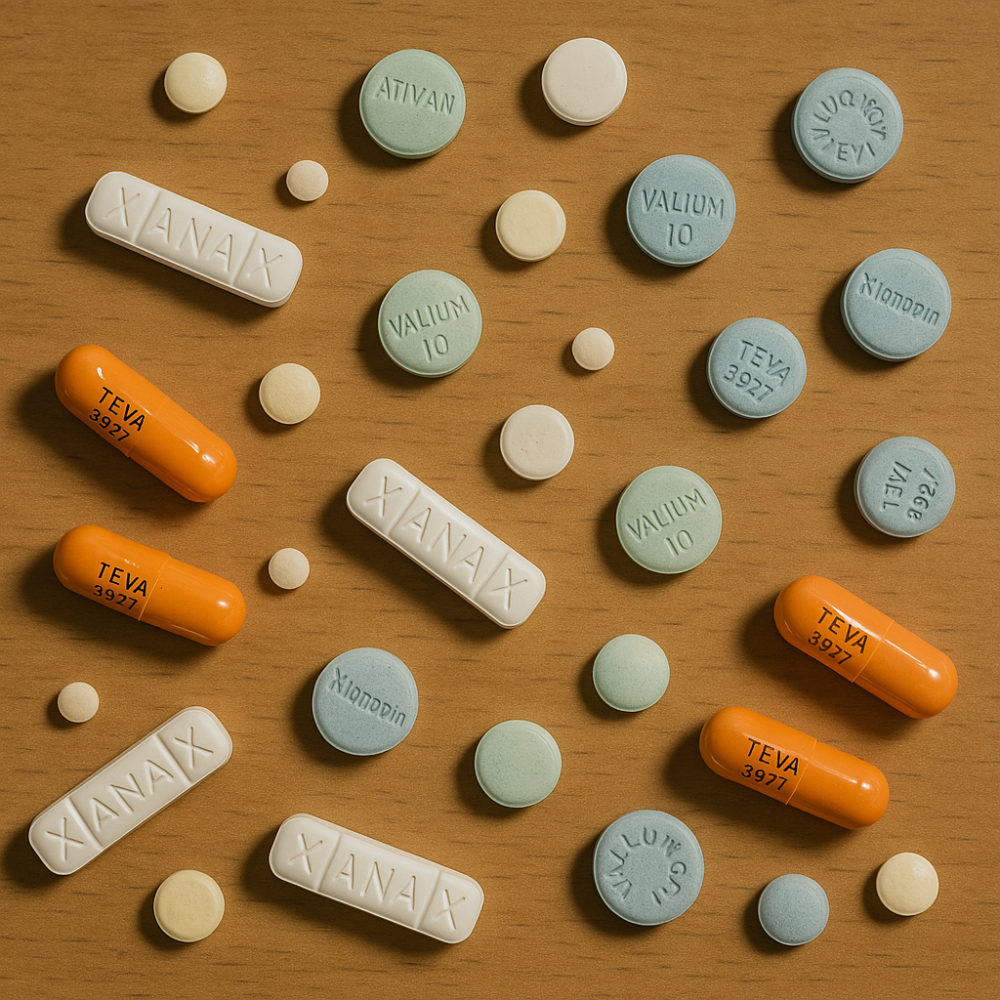Millions of people worldwide misuse drugs, alcohol, or both, often suffering personal, professional, financial, and sometimes deadly consequences.
In 2017, the Substance Abuse and Mental Health Services Administration (SAMHSA) reported almost nineteen million American adults struggled with a substance use disorder, yet only about twelve percent received treatment. The study also found over eight million adults in the U.S. suffer from both a mental health disorder and a substance use disorder concurrently, known as a co-occurring disorder or dual diagnosis.
Since the onset of the pandemic in early 2020, drug and alcohol use, fatal overdoses, and mental illness have risen drastically. Spreading the word about treatment options and allaying fear have never been more critical.
What is Substance Use Disorder (SUD)?
In 2019, the American Society of Addiction Medicine (ASAM) updated its definition of addiction to drugs or alcohol as “a treatable, chronic medical disease…People with addiction use substances or engage in behaviors that become compulsive and often continue despite harmful consequences.”
The clinical term for addiction is substance use disorder, which applies to either drug or alcohol use. Mental health professionals and advocates now recognize the words “addiction” and “addict” as unfair and stigmatizing to a person suffering from a chronic disease.
Those with a SUD can successfully manage their disease with professional help.
Why are Addicted Individuals Reluctant to Seek Treatment?
As noted above, there is a substantial difference between the number of people who struggle with a substance use disorder and the number who seek treatment. While each person has their reasons, experts have identified common barriers to treatment may include the following.
Fear of withdrawal/fear of the recovery process
Fear of the unknown is powerful for most people. When a person considers entering a treatment program for the first time, they have no idea what to anticipate. Movies often depict the detoxification and recovery process as a frightening, dangerous, and difficult journey. And while detox can be uncomfortable, medical supervision can ensure it is less severe than a person might imagine.
Once a person with a substance use disorder accepts that the recovery process is far less complicated than living with an addiction that destroys them physically, mentally, and socially, it is easier for them to move toward recovery.
Denial
Studies have revealed a startling number of people with an alcohol or drug use disorder do not believe they need help. Some individuals may not recognize that the source of their problems or unhappiness is related to substance abuse, thinking the substance is their only option to feel better.
Consciously or subconsciously, other addicted people may believe seeking help is an expression of weakness or inability to cope. Ironically, those with a substance use disorder may encourage others to seek needed mental health or substance abuse treatment but are adamant in their belief that they do not personally need help.
Shame/Stigma
Unfortunately, the stigmatization of addiction is still widespread. Others may see the addicted person as lacking in moral character or too weak to stop using the substance. Embarrassment over how others may perceive them if they admit to needing help prevents many who need treatment from seeking it.
Lack of health insurance coverage or other financial barriers
Addiction treatment can be expensive. While most insurance companies are required to cover addiction services, there may still be significant out-of-pocket charges. Treatment may be difficult or impossible for those who do not have insurance and do not qualify for financial assistance.
Detox and treatment also require a significant time commitment. Some who need treatment but cannot afford time away from work or other responsibilities may find it challenging to devote the time necessary.
Note: See the SAMHSA Directory of Single State Agencies (SSA) for Substance Abuse Services for information on state-funded rehabilitation programs.
No access to a treatment provider
Needed treatment services may be unavailable for various reasons. While treatment resources may be more abundant in urban areas, they may be insufficient to accommodate the number of people seeking treatment. There are often few addiction treatment professionals in rural areas, forcing residents to travel considerable distances, which may not be possible.
Of the barriers to treatment noted above, fear of withdrawal is one of the most common reasons people avoid a recovery program.
Let’s discuss the fear of withdrawal and why withdrawal symptoms occur.
Learn more about the Withdrawal Process
Contact Us
Why Do Withdrawal Symptoms Occur?
Withdrawal includes the physical, mental, and emotional side effects that a person experiences when they stop using an addictive substance. Withdrawal symptoms can range from mild to severe and may be dangerous. The length of time and the amount of the addictive substance a person has used affects the severity of their withdrawal symptoms.
The use of addictive substances like illegal drugs, some prescription drugs, and alcohol affects the brain’s pleasure and reward center, increasing the levels of chemicals that elevate a person’s mood9. As an individual continues using the addictive substance over time, their brain functions alter, demanding increasingly higher doses of the substance to deliver the desired effect.
When drug or alcohol use stops, the body must quickly respond to the absence of the addictive substance. As the body attempts to stabilize brain and body functions and toxins start to flush from the body, withdrawal effects occur. The process for managing withdrawal is known as detoxification or detox. Detox helps a person manage the physiological response to the sudden lack of an addictive substance to which their body has grown dependent.
Fortunately, medically supervised withdrawal helps keep an individual safe and as comfortable as possible throughout the process.
How You Can Overcome the Fear of Withdrawal
First, realize you are not alone in your recovery journey. Many professionals are available who want to help, no matter the severity of your addiction or whether you are financially capable of paying for treatment.
- Talk to a health care provider. Start by talking to your doctor or an addiction specialist to learn what resources are available in your area.
- Attend a support group. Hear from others who have gone through withdrawal and are now thriving in their lives. The support of your family or friends can be crucial to your recovery. Their attendance at a support group can help them understand addiction and how to help you and your family heal.
- Find the right detox program. Talk to intake counselors before you commit to the program. Ask them how they handle the detoxification process and what therapeutic services they can recommend after detox. Contact SAMHSA for help finding treatment services.
- Educate yourself on what to expect during withdrawal. Talk to your health care provider or intake counselor about your concerns. They will let you know what to expect during detox and what they will do to keep you safe and as comfortable as possible.
Once you accept that continued use of an addictive substance is far scarier and lasts much longer than the withdrawal process, you are ready to take the steps needed to reclaim your life, health, relationships, and financial security.
Do not let the fear of withdrawal stop you from reaching out for help to achieve the quality of life you deserve.
Gallus Medical Detox
Gallus Medical Detox specializes in medical detox. We have successfully helped thousands of patients comfortably detox from addictive substances and achieve long-term recovery.
At Gallus, we will take the time to answer all your questions and allay any fears you have about the withdrawal process.
Learn about our acclaimed Gallus Method and why our expert clinical staff, including board-certified physicians and RNs with extensive critical care experience, is far superior to most detox facilities. We offer safe, effective, and personalized treatment in a calm, comfortable setting. Your safety and well-being are at the center of our program.
Understand what to expect from detox and why the Gallus Method is considered the gold standard in medical detox treatment.


 Steve B
Steve B 
 Casey Wilson
Casey Wilson 